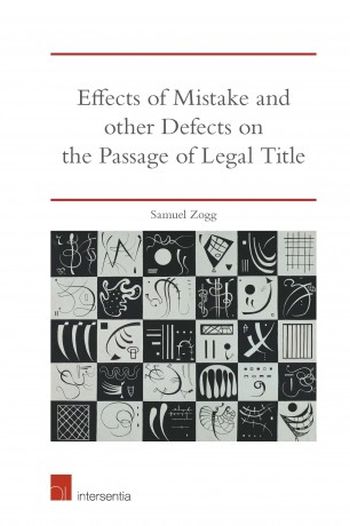
This book analyses the mechanics of how legal ownership in tangible movable property is transferred from one person to another and whether certain kinds of defects, particularly mistakes, may prevent its passage. Though this area of the law may well be regarded as a core area of English private law, it has not yet received much attention in academic literature.
It is argued that English law, on its best interpretation, and contrary to the traditionally accepted approach, adopts a principle of separation (i.e. that the underlying contract or other transaction is notionally distinct from the conveyance of title) and abstraction (i.e. that the conveyance of title is not dependent on the validity of the underlying contract or other transaction). This applies for transfers by delivery, transfers by sale and transfers by deed. Further, it is very rare for mistakes to prevent the passage of ownership. In fact, title passes unless the transferor’s intention to transfer property is virtually absent altogether. For this purpose, an analogy is drawn with the distinctons made in Shogun Finance Ltd v Hudson [2003] UKHL62, [2004] 1 AC 919.